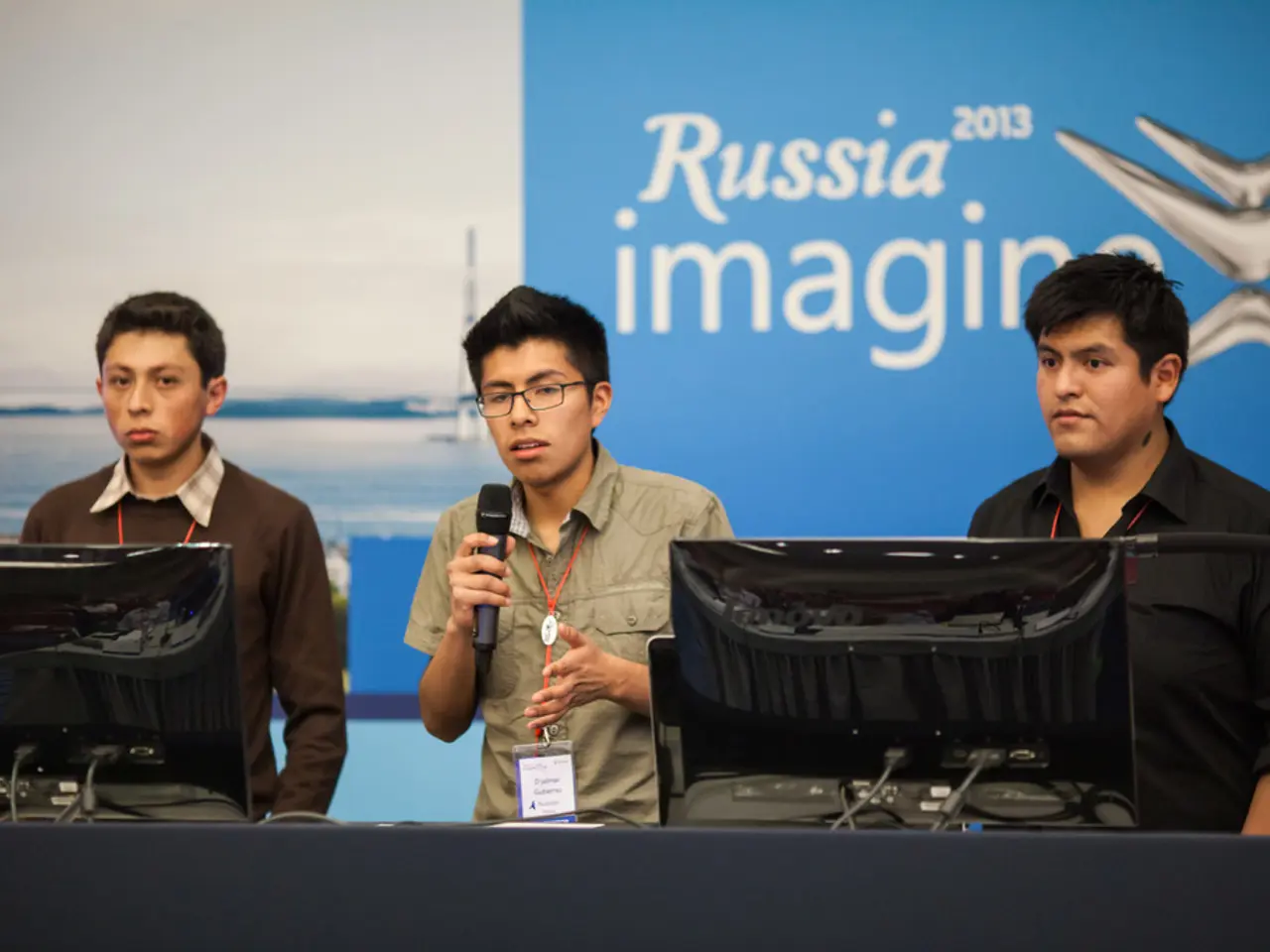Germany prevents sale of weapons for Israel's takeover of Gaza
The international community is expressing strong criticism and concern over Israel's plan to reoccupy and take full control of Gaza, with many fearing the potential humanitarian impact and the risk of a prolonged conflict.
The United Nations, European nations, and countries in the Middle East have collectively denounced the decision, with the European Council chief, Antonio Costa, stating that the expansion of the war "must have consequences for EU-Israel relations." Volker Turk, the UN High Commissioner for Human Rights, warned of potential consequences such as "more massive forced displacement, more killing, more unbearable suffering, senseless destruction, and atrocity crimes."
The humanitarian crisis in Gaza is a major concern, with the plan envisioning forcing Gaza’s population into an ever-smaller area, raising fears of forced expulsion and exacerbating dire humanitarian conditions. The UN, UK, and Australia have urged Israel to back down on its plans to occupy Gaza and displace its population. Switzerland and the Netherlands have called for an immediate ceasefire and a two-state solution, stating that Israel's plan would worsen the humanitarian situation in Gaza and would not help the return of hostages being held by Hamas.
Diplomatic tensions have also arisen as a result of the proposal, with some allies like the United States, while supportive of Israel’s security, cautioning against full reoccupation due to the risk of heavy casualties, worsening humanitarian fallout, and prolonged conflict. Saudi Arabia's Foreign Ministry has condemned Israel's actions towards Palestinians, specifically mentioning "crimes of starvation" and "ethnic cleansing."
While some actors support Israel's right to security, there is rising pressure for a negotiated solution involving humanitarian aid, hostage release arrangements, and governance structures beyond military control. The international community is increasingly focused on what follows the military phase, seeking governance, security arrangements, and the prevention of further hostilities.
Israel's plan to take military control of all of Gaza, with the aim of eventually handing it over to armed forces to govern the enclave, has been met with frustration from international stakeholders who demand clarity on how Gaza's future will be managed post-occupation. The lack of a clear governance plan is a significant point of contention for many.
Relations between the UK and Israel have also deteriorated significantly in recent weeks, with British Prime Minister Keir Starmer stating that sending troops into Gaza city and other areas would "only bring more bloodshed." Jordan and Saudi Arabia have "strongly condemned" Israel's military expansion plans for Gaza.
The US ambassador to Israel, Mike Huckabee, has stated that Hamas needs to disarm and that Israel is the only one who can finish the Gaza conflict. However, Spanish Foreign Minister Jose Manuel Albares has stated that Israel's decision "would only lead to more destruction and suffering."
In summary, the international community views Israel’s reoccupation plan with alarm due to the likely increase in human suffering, the threat of long-term conflict, and the absence of a clear political roadmap for Gaza’s governance. While some actors support Israel’s right to security, there is rising pressure for a negotiated solution involving humanitarian aid, hostage release arrangements, and governance structures beyond military control.
- The European Council chief, Antonio Costa, has stated that the expansion of the war due to Israel's plan to reoccupy Gaza could have consequences for EU-Israel relations.
- The UN High Commissioner for Human Rights, Volker Turk, warned of potential consequences such as forced displacement, killing, suffering, destruction, and atrocity crimes if Israel takes full control of Gaza.
- Switzerland and the Netherlands have called for an immediate ceasefire and a two-state solution, stating that Israel's plan would worsen the humanitarian situation in Gaza and would not help the return of hostages being held by Hamas.
- Saudi Arabia's Foreign Ministry has condemned Israel's actions towards Palestinians, specifically mentioning "crimes of starvation" and "ethnic cleansing."
- The international community is increasingly focused on what follows the military phase, seeking governance, security arrangements, and prevention of further hostilities in Gaza after Israel's reoccupation plan.








